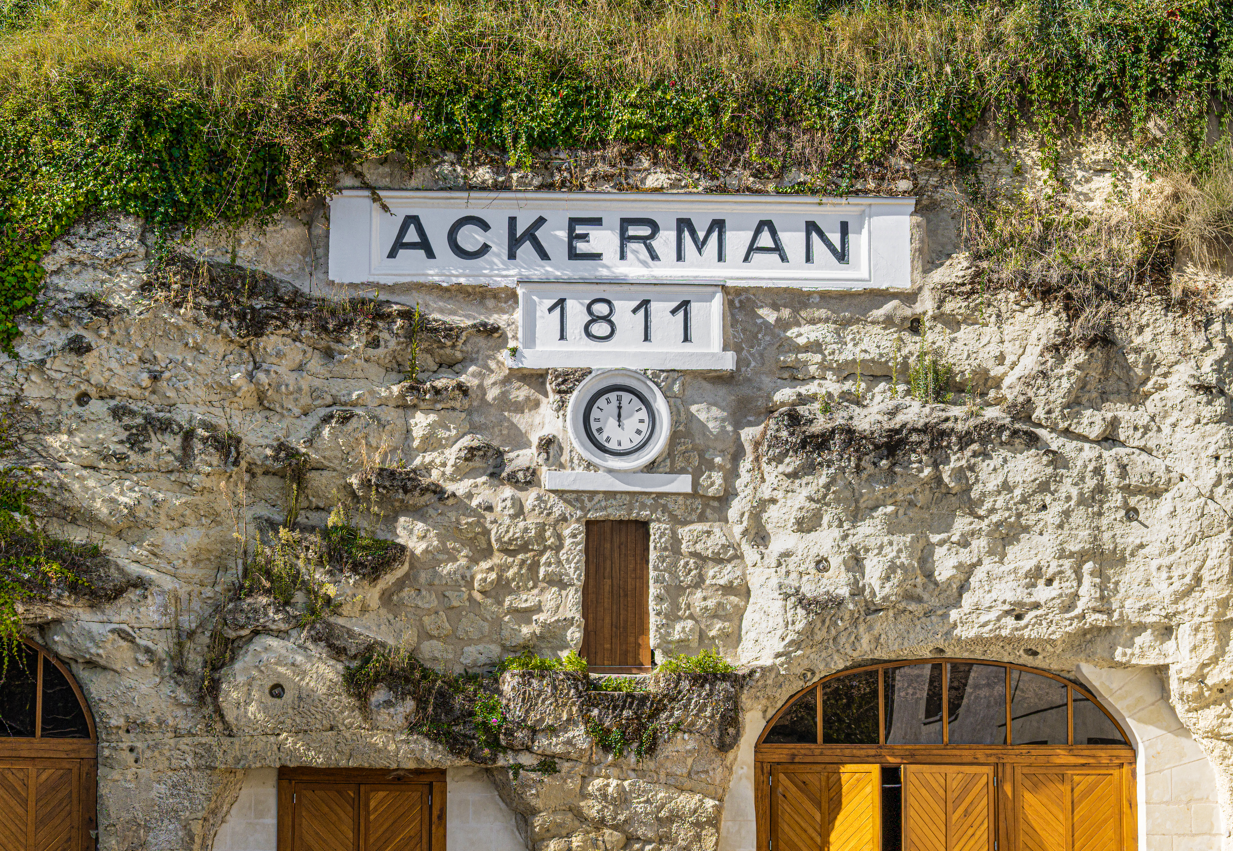LWF: Brexit delay is forcing wine businesses to ‘waste’ money on contingency plans
Wine businesses are being forced to “waste” cash and working capital preparing for the revised Brexit deadline in October, delegates at the London Wine Fair heard, as the WSTA warned that a no-deal was not firmly “off the table”.
Speaking at an industry briefing at the London Wine Fair this morning, WSTA chief executive Miles Beale warned that the threat of a no-deal Brexit remained and although many businesses were currently going through a ‘lull’ and winding down stockpiles amassed for the original March dealine, it was likely these would have to be ramped up again later in the year.
Speaking on the panel, Ed Baker of Kingsland Drinks admitted the contingency planning alone had already impacted the business by around 5-10%, (not taking allowance of any long-term trends) and although the majority of the stockpiled drinks the company had prepared ahead of the original March deadline was now being unwound, wine companies in the UK were facing ramping this up again in the autumn.
He said the contingency planning undertaken by the business in advance of the original deadline – including securing extra bulk wine stocks, stockpiling dry goods and also securing increasingly difficult to find warehousing.
“Do I see it happening again this time around? I presume most of our customers will be still be worried and people will want to ensure there is wine on shelves so we have to put contingency plans in place,” he told the LWF conference.
“It’s a waste of cash and capital but it’s what we need to do.”
Michelle Brampton, managing director Europe of Treasury Wine, who recently joined the WSTA board, said stockpiling has been costly to the business and ramping it back up again before the busy Christmas period would involve a lot of planning, but it was “foolish” not to prepare for a “‘potentially difficult” no-deal scenario.
“It’s not the short term, how do we build up the stock, it’s the longer term planning to do be able to have consistency of supply has been ongoing and will continue to be, even if there’s a slight lull and we have to ramp back up again towards the end of the year.”
Metzendorff managing director Andrew Hawes said that it was not quite as simple to repeat the process in the busy months of October, as it was at the end of March, which had been a good time to create a “false peak” in a business that remains quite seasonal.
Partner Content
“If there was a good time, it would have been the end of March,” he said. “Later in the year it’s not as simple to do all that again.
He added that there were issues such of cashflow for suppliers and finding warehouse space as there was a current shortage in the UK and, as previously reported by The Drinks Business, prices had rocketed ahead of the original March deadline.
Hawes said that not every business would be able to plan. “There’s an agreement about what everyone would like to do, but businesses ability to have that is difficerent. If prodcer is from a large international groipu, they can take those decisions, but smaller bsuienssess cannot necessarily take them, whether that’s due to the bank or shareholders. Having already stretched themselves in March, the first priority is to sell those stocks and pay the supplier for them. Looking ahead, repeating that all again later in the year will be doubly tricky.”
WSTA chairman Dan Jago said the ability of businesses to invest in carrying extra stock was “very significant” but banks were currently not in the mood to lend.
Beale warned that Brexit “still could still mean anything” from the status quo to a no-deal where there was “huge disruption”, but said a no deal Brexit in Oct might be less painful than one in March would have been.




